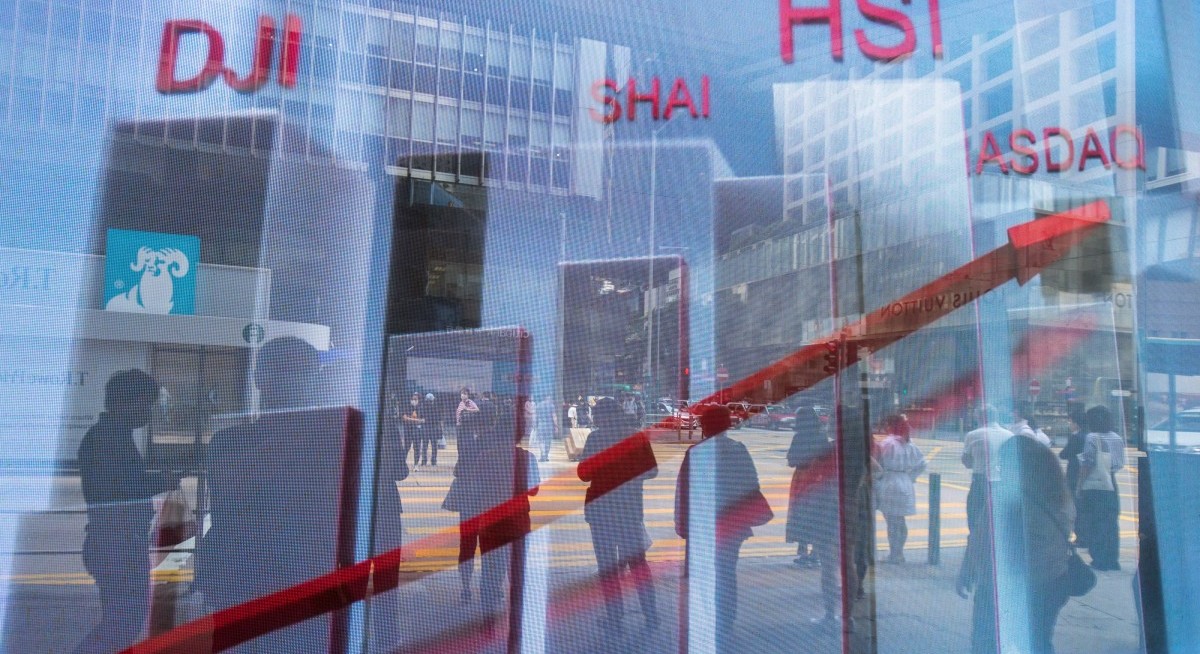Tencent Holdings and Meituan were among the top performers in the gauge. Hong Kong’s benchmark Hang Seng Index advanced 1%.
The move cements a rapid rebound following the April turmoil triggered by US President Donald Trump’s tariff threats. US Treasury Secretary Scott Bessent said he will meet his Chinese counterparts in Stockholm next week for their third round of trade talks aimed at extending a tariff truce and widening the discussions.
Investors are also looking to the country’s Politburo meeting later this month to set the tone for policy measures in the second half of the year. Markets have reacted positively to recent moves by Beijing to curb excessive price wars and overcapacity in some sectors, seeing them as a significant step toward tackling deflation.
See also: Hong Kong economy grows most since 2021 as trade and IPOs surge
“The current environment is still favourable,” said Keiko Kondo, head of multi-asset investments for Asia at Schroder Investment Management. “The market had rallied to some degree but it’s not expensive still compared to some other markets. So from the valuation point, it doesn’t stretch, therefore I think there is definitely room to go.”
The Hang Seng China gauge has gained 26% so far this year, beating the S&P 500’s 7% advance and the MSCI Asia Pacific Index’s 15% advance. HSCEI is trading at about 10 times its forward earnings estimates, below the Asian benchmark’s ratio of nearly 15. On the mainland, the CSI 300 Index has climbed about 5% for the period.
Despite a slew of positives, some analysts warn the rally may take a breather.
See also: Hong Kong’s housing market rebounds with renewed city buzz
Strategists at UBS said Hong Kong stocks will have limited upside for the rest of this year, citing potential earnings downgrades driven by intensifying competition in food delivery and other sectors.
Stocks in Hong Kong have been supported by a surge in inflows from mainland investors. Southbound net inflows expanded by another HK$2.7 billion ($440 million) Tuesday, taking this year’s total to HK$800 billion, a whisker away from 2024’s previous record of HK$808 billion.
Chart: Bloomberg




